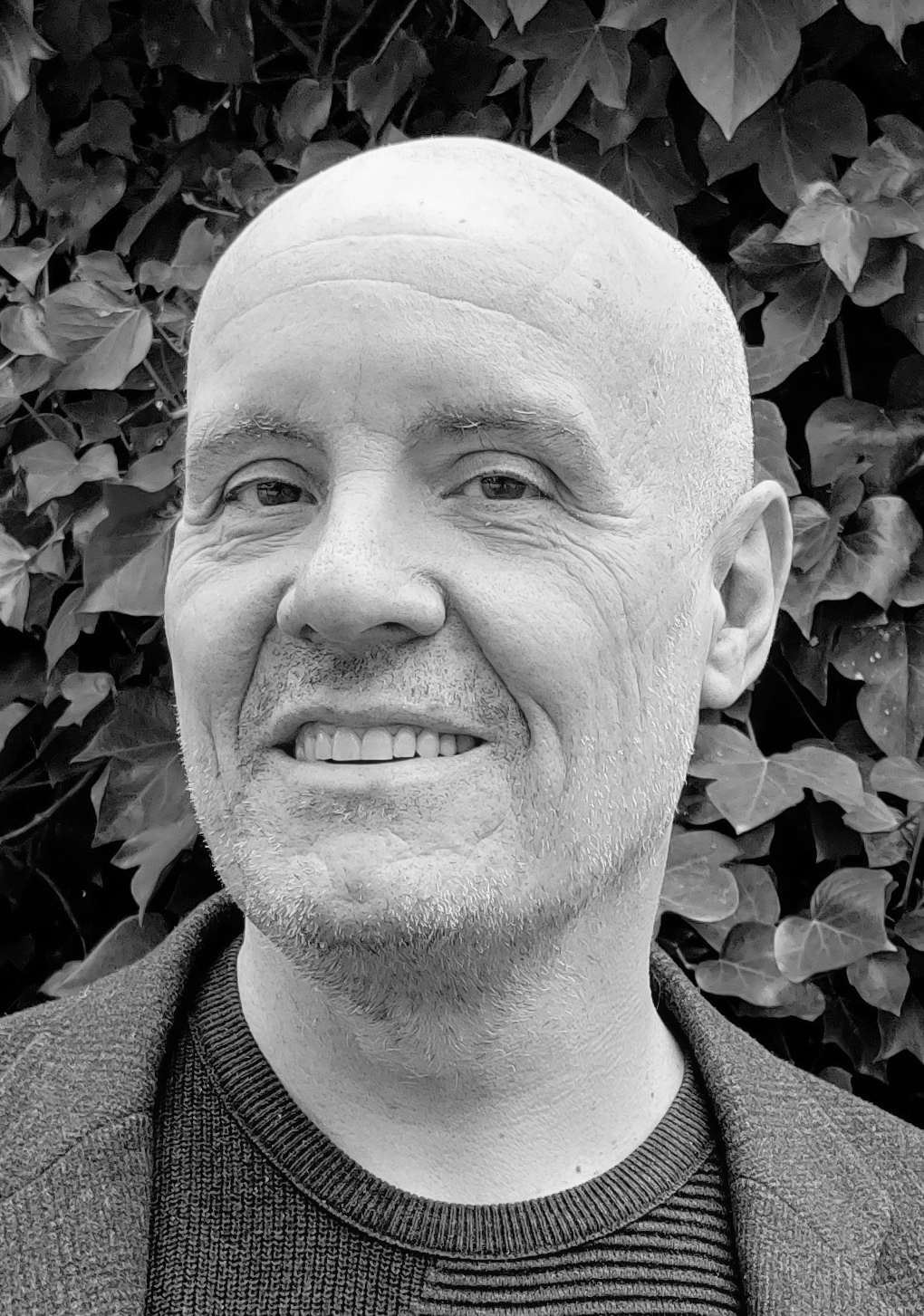He achieved at UB his degrees in Chemistry (1988) and Physics (1991) and PhD in Chemistry in 1993. Postdoctoral stays at the Université de Montréal (Prof. Dennis. R. Salahub 1994) and in the Université Louis Pasteur (Prof. Jean-Marie Lehn 2000). Stays University of Cambridge (Prof. Mike Payne 1996) and in Université Pierre et Marie Curie (Prof. Michel Verdaguer 1997). In 2001 he became Associate Professor at the UB and Full Professor in 2011. In 2003 he was awarded the Catalan Distinction for the Promotion of University Research for Young Scientists, the ICREA Academia in 2013 and 2021 and the prize “Excelencia Investigadora” of the Real Sociedad Española de Química in 2017. Since April 2018, he is the head of Institute of Computational and Theoretical Chemistry (Maria de Maeztu Excellence in 2018 and 2022). In 2019, a sabbatical stay at TU Delft (Prof. Herre van der Zant). In 2020, he was elected as member of the Academia Europeaa. Co-author of more than 270 papers and h-index of 70.
Research interests
My research focused on two main topics, Molecular Magnetism and Molecular Electronics (Spintronics): Regarding my expertise in Molecular Magnetism, my theoretical studies are benchmark results in such field. Now, my group also performs the synthesis and structural-magnetic characterization, triggering my independence on the choice of systems and speeding up outcomes. Such research is mainly devoted to finding molecules with long coherence times that can act as spin qubits. In Molecular Electronics, I mainly focus on single-molecule junctions with magnetic molecules. One of my breakthroughs is single-molecule devices showing magnetoresistance behavior at room temperature. In this research topic, I perform the theoretical analysis using DFT calculations as well as the conductance measurements with scanning tunneling microscopes. In both research topics, I have many collaborations with world-leading experimental groups to complete the understanding through theoretical studies.
Keywords
molecular magnetism, theoretical chemistry, molecular spintronics, density functional theory
